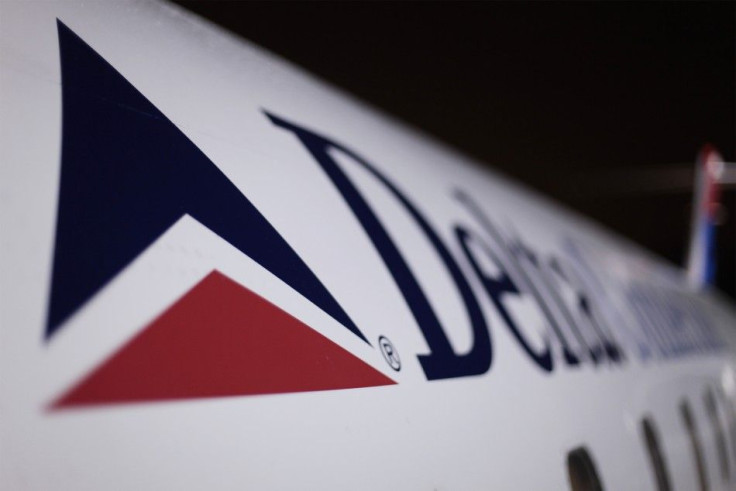Delta First to Add Surcharge on European Flights

Delta Air Lines announced on Tuesday that it would add a $3 surcharge each way on fares purchased in the United States for flights to Europe in an attempt to offset the cost of the European Union's new Emissions Trading Scheme (ETS).
Delta is the first major airline to raise the price of a transatlantic flight since the EU's carbon law went into effect on Sunday, though the airline would not comment to the International Business Times on whether the ETS was the reason behind the surcharge.
It remains to be seen whether other carriers make a similar move. If they don't, it's unlikely the surcharge will stick.
In the new Emissions Trading System, airlines touching down or taking off in the 27-nation European Union and three neighboring nations must account for their CO2 emissions.
The EU doles out a certain number of credits for the amount of CO2 emissions airlines need to operate. The program caps carbon-dioxide emissions at 2006 levels and allows airlines to fly 85% that amount for free the first year and 82% after that. Airlines will then need to pay for the remainder in addition to any increase in fuel burning by buying so-called allowances from industries burning less.
The EU envisions itself as the leader in the global fight against climate change. It decided that aviation should become a part of its carbon program after airline discharges in Europe doubled over two decades and international organizations failed to enact emissions curbs.
The EU law offers the possibility of exempting incoming flights from certain countries if a nation applies equivalent measures to rid pollution from its air transport sector. On the other hand, operators that don't comply with the rules would be penalized and potentially banned if they persistently fail to meet legal obligations.
Airlines based outside of the EU are currently fighting the system, arguing that it is illegal for them to have to comply with the rule that is the first expansion of the EU carbon cap-and-trade program beyond its borders.
The EU faces increasing pressure to scale back its plans to impose carbon curbs on airlines after China's carriers said they would not comply with the rules and India signaled it may follow suit. According to China Air Transport Association (CATA), Europe must either scrap or delay its initiative.
The harsh warnings from China and India are in accordance with a declaration adopted in November by the United Nations' International Civil Aviation Organization calling on the EU to exempt international aircraft operators from its curbs on carbon. Supported by 26 nations, including the U.S., Russia, and Japan, the non-binding ICAO statement claimed that the expansion of the EU program was not consistent with international law.
Many global airlines are now considering whether or not it is feasible to avoid landing in Europe during some connecting flights to dodge the charge.
U.S. airline industry group Airlines for America (A4A) estimated that the emission law could cost the U.S. airline industry $3.1 billion from 2012 through 2020.
A4A said the rule further isolates the EU from the rest of the world and will keep in place a unilateral scheme that is counterproductive to concerted global action on aviation and climate change.
If the new rule holds, expect to pay more on flights to Europe in the coming year.
© Copyright IBTimes 2025. All rights reserved.






















